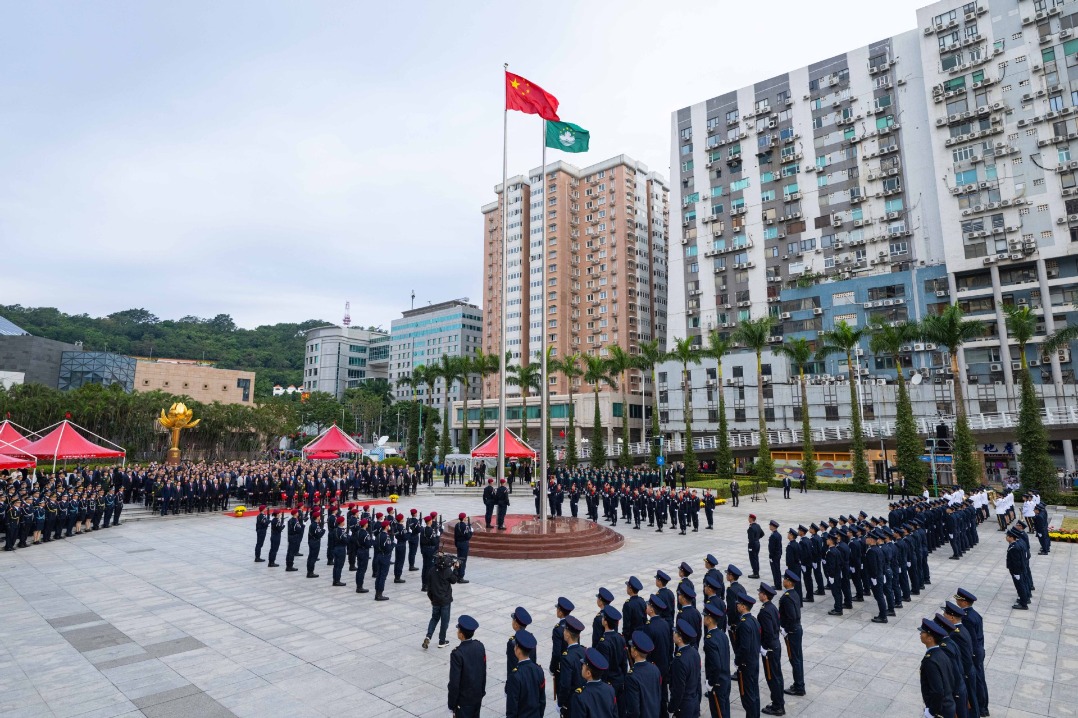Chinese villagers demand identity of stolen mummy Buddha's new holder

AMSTERDAM, The Netherlands -- The Dutch collector should disclose the new holder of a disputed mummy Buddha statue, demanded the Chinese villagers at the first Amsterdam court public hearing on Friday afternoon.
The lawsuit was filed by the committees of two villages in China's southeastern province of Fujian against a Dutch collector when the Buddha statue called ZhangGong, stolen from their temple in 1995, was recognized at a museum exhibition in Hungary.
At the hearing, Oscar van Overeem, an Amsterdam-based architect and experienced art collector, restated that he had exchanged the statue with a "collector-investor-intermediary," who "is aware of the mummy controversy and political sensitivities and prefers to remain anonymous."
When asked to disclose the name of the new holder, or email exchanges that reflect the negotiation of the deal and the conditions under which there was an exchange, the Dutch collector refused.
"By taking the statue away, the collector causes a presumption of a fraudulent act, namely preventing the enforcement of a claim of the villagers to return ZhangGong, if the court would so decide," commented Dutch lawyer Jan Holthuis representing the Chinese villagers.
- Vice-chairman of CPPCC Jiangxi Provincial Committee placed under investigation
- Five trapped in flooding accident at Heilongjiang coal mine
- Long March 5 rocket deploys tech demo satellite into space
- China launches communication technology test satellite
- Spokesperson warns against aggression toward mainland fisherman
- Lhasa wetland reserve recognized as world's highest altitude wetland




































